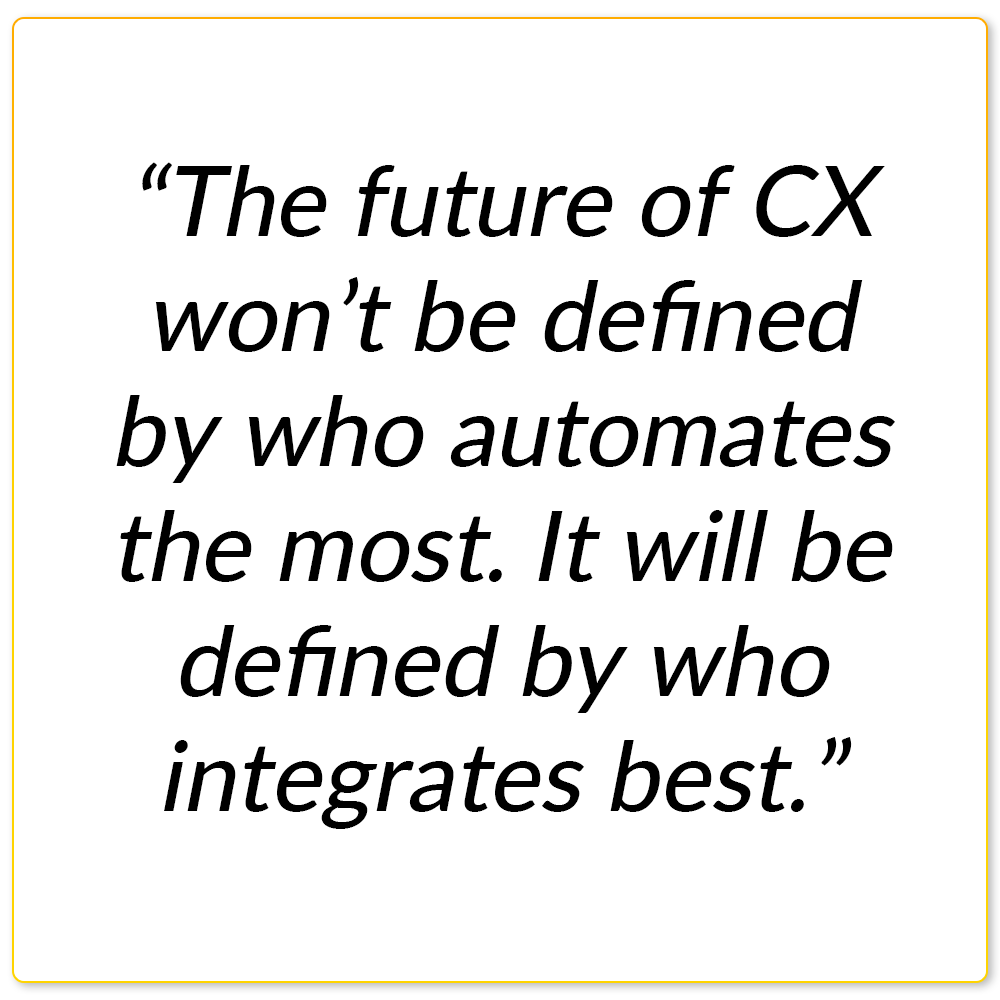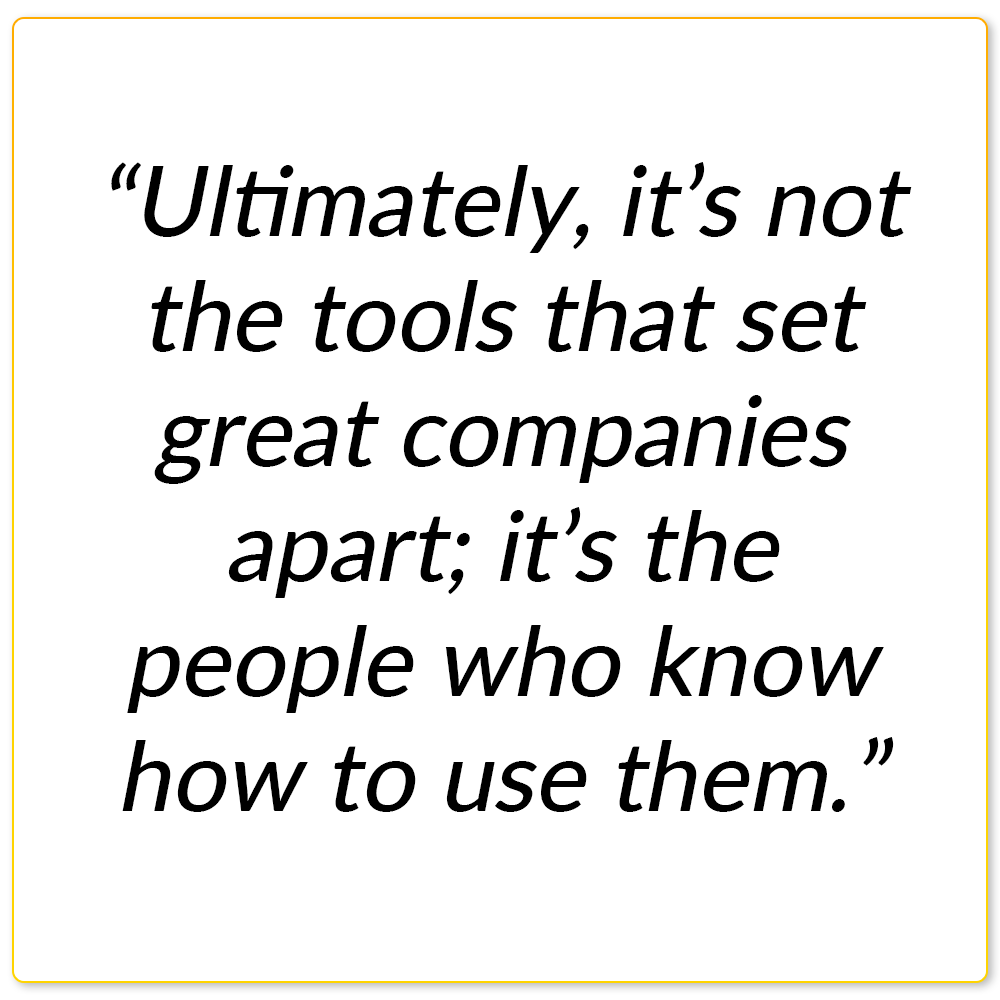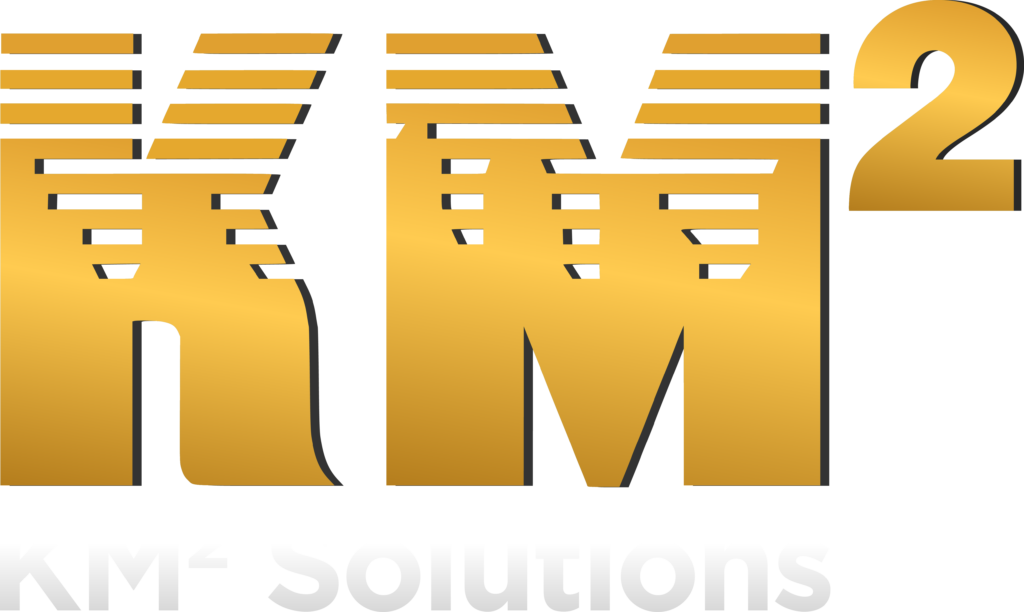
July 2025
When we first entered the AI debate, it was back in late 2022, just as ChatGPT made its quiet debut, and well before generative AI became part of the mainstream dialogue. Even then, we predicted that intelligent automation, while destined to become an industry standard and a crucial asset, would ultimately complement, not replace, the human workforce. At the time, most BPOs were only beginning to explore AI’s potential, focusing on task automation, chatbots, and analytics with an emphasis on efficiency rather than reinvention. While the momentum was real, the approach was still cautious. It was driven by cost pressure, client curiosity, and the growing sense that AI was no longer optional, but not yet a silver bullet.
Fast-forward to mid-2024, and AI was at fever pitch. Businesses were racing to automate, experiment, and scale, often faster than they could think through the consequences. In our article on Responsible AI Adoption, we advocated for a more measured approach, arguing that transparency, accountability, and human oversight are not optional. Some BPOs, however, took a more enthusiastic path, rushing to white-label any AI tools they could acquire. The result was a wave of “AI-powered” offerings that looked polished but rarely delivered meaningful impact. Our message at the time still holds: just because you can automate something doesn’t mean you should. Unchecked automation, without ethical guardrails or human context, puts both customer experience and brand reputation at risk.

Today, the reality is becoming clearer. The race to automate everything has hit real-world friction, and the evidence is mounting. The human advantage is not only holding its ground; it’s gaining. In January of this year, we published our most recent AI article, again challenging the assumption that AI would offer a cheaper, better alternative to human talent. While automation promised cost savings and efficiency, we outlined its limitations: rigid workflows, a lack of empathy, and the inability to handle complexity or nuance. We made the case that over-reliance on AI doesn’t just risk customer dissatisfaction; it creates hidden costs, including higher churn, reputational damage, and more expensive interventions when automation falls short. The cracks are showing. And as they do, the case for human talent isn’t just enduring. It’s winning.
“The share of businesses scrapping most of their AI initiatives increased to 42 percent this year, up from 17 percent last year.”
— S&P Global Market Intelligence, March 2025
The Shortcomings: Where Automation Falls Short

The limitations of AI are no longer hypothetical; they’re a reality. As adoption accelerated, so did the evidence of where automation falls short, particularly in high-stakes, high-emotion environments like customer service, collections, and issue resolution. Across industries, the same pattern is repeating: automation works well until it doesn’t. When expectations aren’t met or nuance is required, it’s the human element that carries the weight. The result is clear. Companies that rely too heavily on AI are now paying the price through missed targets, eroded trust, and reputational damage. What looks efficient on paper often collapses under real-world pressure, where context, tone, and trust still make the difference between a closed case and a lost customer.
We’ve seen this play out in some of the most talked-about AI deployments of the past year. Klarna, after shifting much of its customer service to AI, faced growing frustration from users who struggled to access human support. As Customer Experience Dive reported, “customers increasingly voiced frustration over impersonal interactions and limited access to human help.” Klarna’s CEO later acknowledged the misstep, stating, “Cost unfortunately seems to have been a too predominant evaluation factor when organizing this; what you end up having is lower quality.”
In the collections space, a Yale University study found that AI debt collectors recovered 9 percent less than human agents in the first 30 days. One of the study’s authors noted, “Borrowers were less compelled to pay when interacting with AI agents, who lacked the human presence that creates accountability and trust.” And in a now-infamous case, Air Canada was held liable after its chatbot gave false refund information. The court rejected the airline’s defense that the bot was a separate entity and called the argument “a remarkable submission.” These are not anomalies. They are reminders of what happens when automation is deployed without strategy, oversight, or the human context that still defines effective service.
“By 2027, 50% of organizations that expected to significantly reduce their customer service workforce will abandon these plans.”
— Gartner, June 2025
Reality Check: AI Alone Isn’t Enough
If the past year has shown us anything, it’s that automation isn’t a complete solution. AI can manage an increasing range of tasks, but it struggles when faced with complexity, emotion, or accountability. The companies succeeding are not those replacing people; they are the ones empowering them. The most effective models we’ve seen are hybrid by design, combining AI for speed and consistency with human agents for judgment, flexibility, and trust. It’s not about increasing automation; it’s about improving outcomes, which still depend on a human core.
The narrative is shifting. After chasing automation for speed and theoretical savings, and with AI fatigue starting to set in, more organizations are asking tougher questions about quality, risk, true cost, and what really drives customer loyalty. Many are finding that AI alone doesn’t deliver the outcomes they expected. Not because the technology isn’t powerful, but because customer experience is rarely linear. It’s full of edge cases, emotion, and context that can’t be scripted or predicted. That’s where human agents continue to outperform. They adapt. They de-escalate. They listen.

“Organizations with mature AI governance exhibit higher staff adoption and increased revenue growth, showing that trust and oversight drive effective AI implementation.”
— Deloitte, AI at a Crossroads: Building Trust as the Path to Scale, Dec 2024
KM² Solutions: Built for Balance
At KM² Solutions, we’ve always believed that customer experience isn’t a choice between people and technology; it’s about knowing where each adds the most value. We’ve never treated AI as a substitute for people. We’ve treated it as an enabler, something that becomes more powerful when paired with experienced teams who understand nuance, empathy, and context. Our focus has never been automation for its own sake. It has been about delivering better outcomes, and that still depends on the human element.

KM² deploys AI where it makes a difference, to increase speed, optimize workflows, and surface insights that help our people work smarter. But the heart of our model is still talent: trained, empowered, and supported by the right tools. That’s how we deliver consistency without losing flexibility, and efficiency without losing trust. In an industry chasing transformation, we’ve stayed focused on something simpler: what actually works. Ultimately, it’s not the tools that set great companies apart; it’s the people who know how to use them to drive efficiency, boost productivity, and deliver results.
As the technology landscape evolves, new tools will emerge, expectations will shift, and the pressure to stay ahead of the curve will only grow. But no matter how advanced the technology becomes, we remain committed to a simple principle: people make the difference. At KM² Solutions, every solution we shape, every partnership we support, and every outcome we deliver starts with human insight, backed by the right tools. As the industry moves forward, we’ll continue to do what works, harnessing the best of AI while keeping people at the heart of every outcome.
About KM² Solutions
KM² Solutions (KM2 Solutions) is an award-winning BPO with over two decades of experience operating an exclusively nearshore strategy throughout the Caribbean and Latin America. The company provides clients with a host of outsourcing solutions, including customer care, receivables management, technical support, sales & marketing, data analytics, and back-office processing. KM2 Solutions maintains PCI DSS compliance, completes an annual SOC 2 audit, and has a Compliance Management System that aligns with the FDIC.


